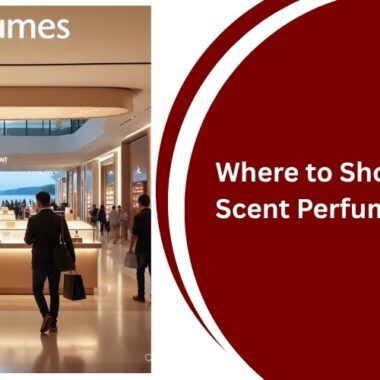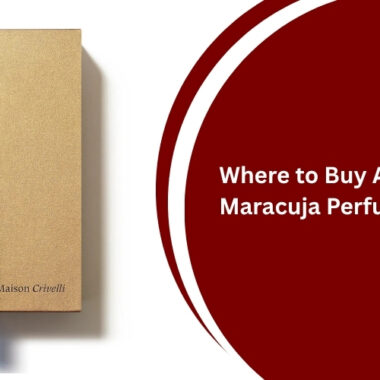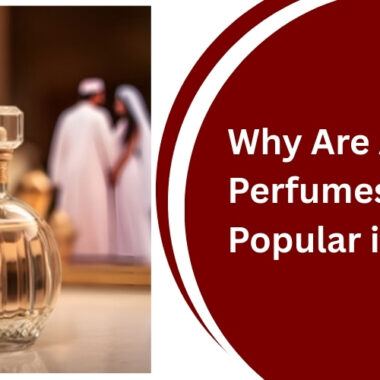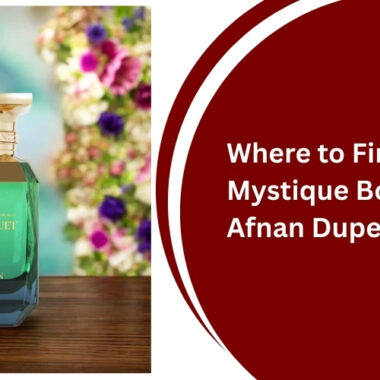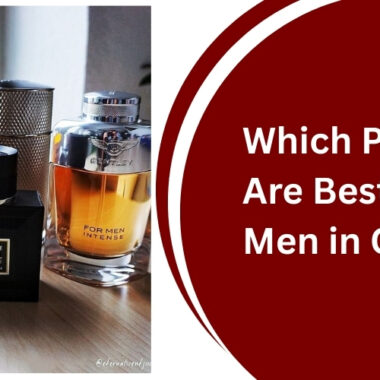Perfumes are a popular accessory that adds a touch of elegance and personality to an individual’s style. The scent of a perfume can leave a lasting impression, but the durability and longevity of the fragrance can vary greatly depending on several factors. In this article, we will explore the factors that influence the durability of strong scented perfumes and provide tips for making your fragrance last longer.
Factors Affecting Perfume Durability

1. Concentration: Perfumes are classified into four main categories based on their concentration:
- Extrait de Parfum (EDP): This is the most concentrated form of perfume, typically containing 20-30% fragrance oils. It offers the longest-lasting scent and is often the most expensive option.
- Eau de Parfum (EDP): This concentration level contains 15-20% fragrance oils and provides a good balance of strength and longevity.
- Eau de Toilette (EDT): This category has a concentration of 10-15% fragrance oils, offering a moderate scent that lasts for several hours.
- Eau de Cologne (EDC): This is the least concentrated form of perfume, containing 4-7% fragrance oils. It has a light and refreshing scent that typically lasts for a few hours.
2. Ingredients: The specific ingredients used in a perfume can also affect its durability. Fragrances containing natural essential oils tend to have a longer-lasting scent compared to those made with synthetic ingredients. However, synthetic ingredients can offer better stability and prevent the fragrance from fading over time.
3. Skin Chemistry: Individual skin chemistry plays a significant role in how a perfume interacts with the body. Factors such as body temperature, pH levels, and natural oils can influence the scent’s longevity. Some people may have skin that naturally retains fragrance longer, while others may find that the scent dissipates more quickly.
4. Application: The way you apply perfume can also impact its durability. Applying it to pulse points, such as the wrists, neck, and behind the ears, can help the fragrance last longer as these areas have a higher body temperature. Additionally, applying a small amount of unscented lotion to your skin before applying perfume can help the fragrance adhere better.
- Storage: Proper storage can help preserve the quality and longevity of your perfume. Avoid storing it in direct sunlight or extreme temperatures, as this can cause the fragrance to degrade. Store your perfume in a cool, dark place.
Tips for Making Your Perfume Last Longer
- Choose the Right Concentration: If you want a long-lasting scent, opt for an extrait de parfum or eau de parfum.
- Apply to Pulse Points: Apply perfume to your pulse points to enhance its longevity.
- Moisturize First: Apply a fragrance-free moisturizer to your skin before applying perfume.
- Application: The way you apply perfume can also impact its durability. Applying it to pulse points, such as the wrists, neck, and behind the ears, can help the fragrance last longer as these areas have a higher body temperature. Additionally, applying a small amount of unscented lotion to your skin before applying perfume can help the fragrance adhere better.
- Storage: Proper storage can help preserve the quality and longevity of your perfume. Avoid storing it in direct sunlight or extreme temperatures, as this can cause the fragrance to degrade. Store your perfume in a cool, dark place.
Tips for Making Your Perfume Last Longer
- Choose the Right Concentration: If you want a long-lasting scent, opt for an extrait de parfum or eau de parfum.
- Apply to Pulse Points: Apply perfume to your pulse points to enhance its longevity.
- Moisturize First: Apply a fragrance-free moisturizer to your skin before applying perfume.
- Avoid Rubbing: Don’t rub your wrists together after applying perfume, as this can disrupt the fragrance molecules.
- Reapply as Needed: If you want the fragrance to last throughout the day, reapply it as needed.
Additional Factors Affecting Perfume Durability
- Climate: The climate can significantly impact the longevity of a perfume. In hot and humid climates, fragrances tend to evaporate more quickly. In cooler and drier climates, fragrances may last longer.
- Activities: Engaging in physical activities or sweating can cause perfumes to fade more rapidly. The movement and heat generated by activities can accelerate the evaporation of fragrance molecules.
- Fabric: The type of fabric you are wearing can also influence how long a perfume lasts. Fragrances tend to adhere better to natural fabrics like cotton and linen compared to synthetic fabrics.
- Body Chemistry: Individual body chemistry can vary greatly, affecting how a perfume interacts with your skin. Some people may have naturally oily skin, which can help retain fragrance longer, while others may have dry skin, which can cause the scent to dissipate more quickly.
- Age of the Perfume: Over time, perfumes can lose their potency and become less fragrant. The age of the perfume can affect its durability and the intensity of its scent.
Tips for Choosing a Long-Lasting Perfume
- Consider the Season: Choose fragrances that are appropriate for the season. Heavier, spicier scents may be more suitable for colder weather, while lighter, floral scents may be better suited for warmer temperatures.
- Test the Fragrance on Your Skin: Before purchasing a perfume, test it on your skin to see how it develops over time. This will help you determine if the scent is long-lasting and suits your body chemistry.
- Look for Reviews: Read reviews and testimonials from other customers to get an idea of the longevity and sillage of a particular perfume.
- Avoid Overapplication: Applying too much perfume can actually cause the scent to fade more quickly. A little goes a long way, so start with a small amount and reapply as needed.
- Consider Layering: Layering different fragrances can create a unique and long-lasting scent. Start with a base note, add a middle note, and finish with a top note.
Additional Factors Affecting Perfume Longevity

- Perfume Oil Quality: The quality of the fragrance oils used in a perfume can significantly impact its longevity. Higher-quality oils tend to be more concentrated and have a longer-lasting scent.
- Bottle Design: The design of the perfume bottle can influence how the fragrance is stored and preserved. Some bottles may have poor seals or may be exposed to excessive light or heat, which can affect the quality of the perfume.
- Personal Habits: Your personal habits can also affect how long a perfume lasts. Smoking, excessive sweating, or frequent handwashing can cause the fragrance to fade more quickly.
- Psychological Factors: The perception of a perfume’s longevity can also be influenced by psychological factors. If you believe that a perfume is long-lasting, you may be more likely to notice its scent for a longer period.
Tips for Layering Fragrances
- Base Notes: Start with a base note fragrance, such as a woody, musky, or amber scent. This will form the foundation of your fragrance and provide a long-lasting base.
- Middle Notes: Add a middle note fragrance, such as a floral, spicy, or fruity scent. This will complement the base note and add complexity to the overall fragrance.
- Top Notes: Finish with a top note fragrance, such as a citrus, green, or aldehydic scent. This will provide a fresh and invigorating opening to the fragrance.
Conclusion
The durability of a strong scented perfume depends on a combination of factors, including concentration, ingredients, skin chemistry, application, storage, climate, activities, fabric, body chemistry, age of the perfume, and personal preferences. By understanding these factors and following the tips provided in this article, you can choose a perfume that offers a long-lasting and enjoyable scent experience.
 Inspired By
Inspired By


